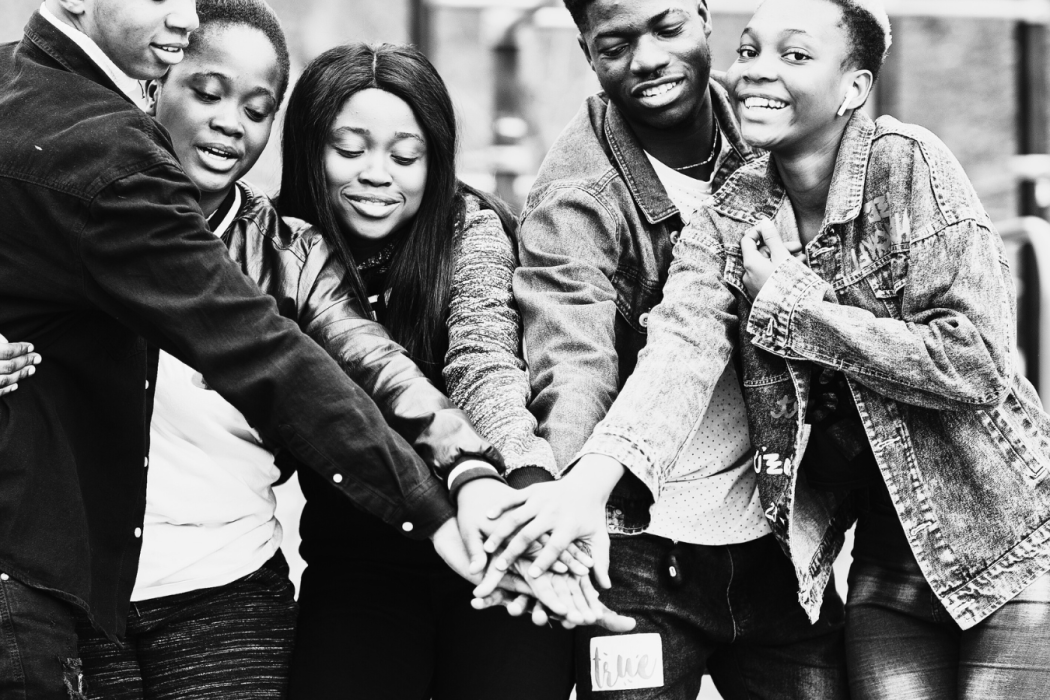Background and Rationale
Polarisation has been described as a hyper-problem in that, when it is present in society, it greatly complicates the possibility of resolving social conflicts. Polarisation manifests as a binary division of society into mutually antagonistic camps whose increasing animosity can threaten democracy. When this division escalates to a point where compromise or conflict resolution through law or a peaceful exercise of power is no longer palatable to either group, there are dire consequences for a democracy. Political violence is often the result, but so too is a loss of trust in public institutions and the submission of social conflict to legal or electoral processes. Ultimately, the normative support for democracy declines. Emerging studies in polarisation, point to its toxicity as a key factor in government dysfunction, political conflict, democratic erosion and incremental autocratization [1]
South Africa’s polarisation is deeply rooted in its colonial and apartheid history, which created and entrenched racial hierarchies that continue to cause division. In the 35 years since the democratic dispensation, and despite noble attempts at addressing large-scale social, economic and land redress, South Africa still grapples with entrenched social, economic, and spatial inequalities (see Aljezeera, 2024), making reconciliation and equitable development a complex and ongoing challenge.
Across Southern Africa, polarisation continuous to unfold and evolve in different forms: in everyday life, public discourse, and political arenas. Social media platforms, and the inundation of digital information, often mirror and amplify this divide, while growing distrust in institutions, economic inequality, and social exclusion continue to fuel resentment and group-based rhetoric and antagonism.
In South Africa, the legacies of apartheid, racial injustice, and economic disparity continue to shape how citizens engage with democracy and with each other. Disagreements around policies such as Black Economic Empowerment (BEE), land reform and redistribution, and migration have triggered opposing beliefs and sentiments between two poles, further entrenching divides across race, class, ideology, and generations.
A snap survey carried out by DWF in 2025 revealed strong sentiments that South Africa’s democratic landscape is increasingly shaped by polarisation. Respondents were asked whether polarisation in South Africa has worsened or improved over time.
Most respondents agreed that polarisation has worsened over time, driven by both structural socio-economic conditions and sociological and political perspectives. The perceived polarisation risk is caused by several factors, such as:
- economic Inequality as the primary driver of worsening polarisation
- political polarisation (see Nakedi & Netshikulwe, 2024)
- social polarisation: racial, spatial, and identity-based divides
- intersectionality of Social and Economic Grievances
- perceived erosion of Democratic Values and Public Trust
- the role and influence of (Social) Media, including mis/disinformation campaigns
The survey reiterated that polarisation manifests across political, racial, generational, class, gender, and even tribal lines. While contestation and divergent viewpoints are hallmarks of a thriving democracy, the intensification of hostility and fragmentation threatens South Africa’s capacity for meaningful social cohesion and building common ground. Political polarisation can deepen mistrust between citizens and institutions, between generations with differing political memories, and between identity groups competing for recognition and participation in governance processes.
In a context of persistent inequality, high youth unemployment, the crisis of gender-based violence and femicide, and declining faith in governance, rising political polarisation is often amplified through political rhetoric, social media echo chambers, and identity-based politics and narratives. This Cool Politics Café provides an open and honest space for reflection through an intergenerational dialogue. The Café invites South Africans to unpack if, how and why polarisation has taken hold in the context of politics and political expression, and how society might bridge divides to renew democratic solidarity.
Theme: The Politics of Polarisation
Tagline: “Different Voices. One Democracy”
The Cool Politics Café will focus on political polarisation in South Africa. As South Africa prepares for the upcoming municipal elections in 2026, political parties will be vying for votes and support. Political actors often resort to divisive rhetoric, particularly during elections, blaming migrants or certain identity groups for social ills (poverty, crime, unemployment) to rally support (See CSVR, 2024). Further, migration, nationality, race, and belonging become key battlegrounds of identity politics, particularly in marginalised communities where competition for scarce resources is more acute. The Cool Politics Cafe will confront how political incentives reshape discourse and deepen divides. It will scrutinise the role of political actors in fanning polarization. The dialogue will also bring into focus the role of political leaders, social justice activists, academics and the youth to interrogate political polarisation and its impact and to collectively, recommend de-polarisation strategies through experience and examples of nation and community building and ways in which social cohesion and be supported and nurtured.
Aims and Objectives
The Cool Politics Café aims to:
- Unpack the roots, dynamics and impacts of political polarisation in South Africa across ideological, racial, generational, gender, and tribal lines.
- Understand the key topics that are being used by politicians and other influential actors to further polarise society.
- Explore the role of the GNU and the proposed national dialogue process in minimising political polarisation and building consensus for policy development.
Expected Outcomes
- Participants gain a deeper understanding of what causes political polarisation, how it manifests and the broader impact on democracy-building in South Africa.
- Mutual understanding and shared strategies for engagement.
- Sharing ideas and recommendations that can strengthen social cohesion and inclusive democracy and feed into national initiatives such as the National Dialogue.
- Deriving insights from the discussion that can contribute to DWF’s broader Polarisation Project and the development of its Polarity Barometer.
Moderator:
Tsholofelo Nakedi, Community Advocacy Specialist, Centre for the Study of Violence and Reconciliation (CSVR)
Speakers:
- Mavuso Msimang, South African civil servant and politician, Co-founder of African Parks
- Zulaikha Patel – Anti-racism activist, Founder & Director, Dare to Change –
- Mbali Ntuli – politician (former member of DA), Founder & CEO of Ground Work Collective
1 [1] E.g. Thomas Carothers and Andrew O’Donohue, eds., Democracies Divided: The Global Challenge of Political Polarization (Washington, DC: Brookings Institution Press, 2019)








